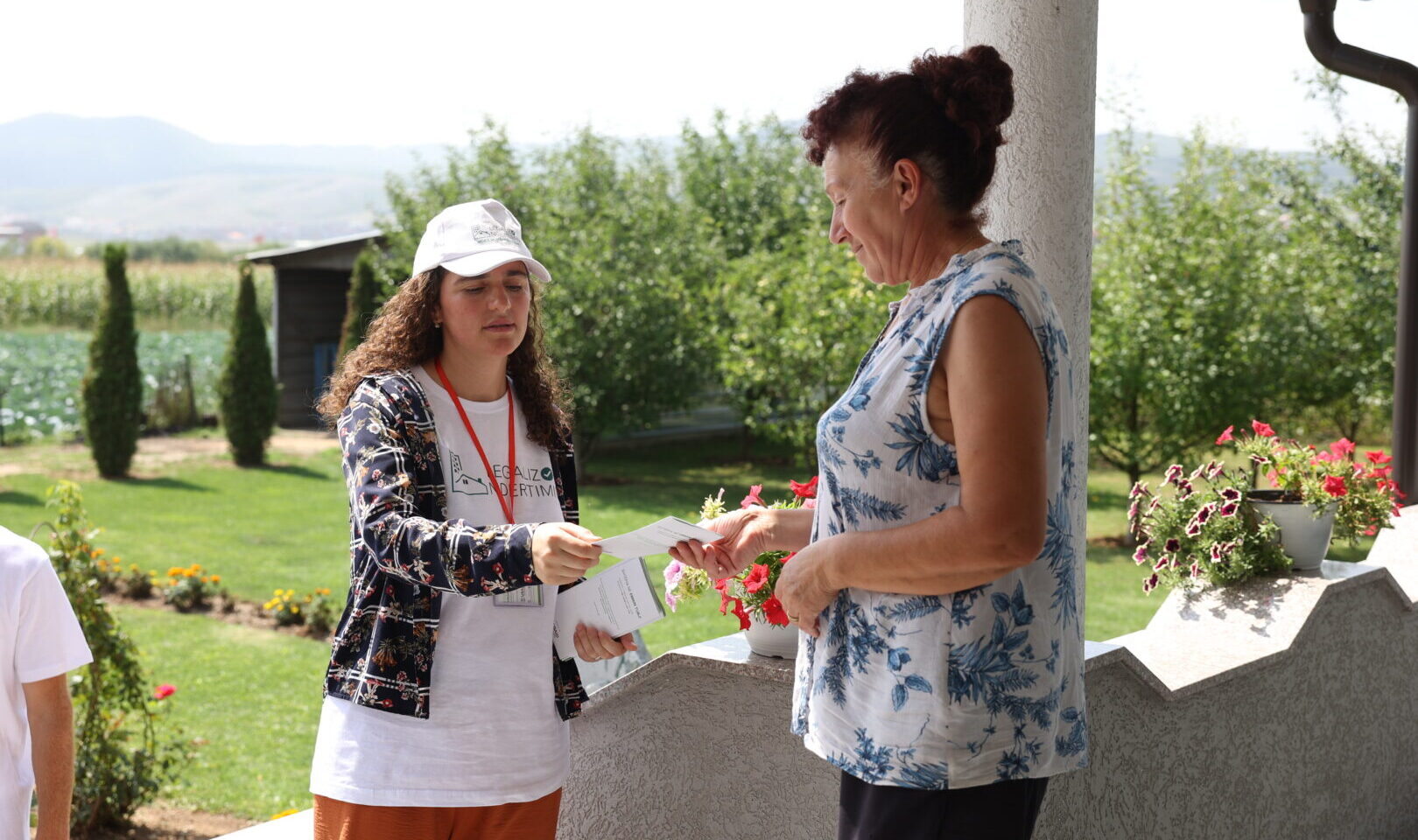Project Example: Kosovo Economic Governance Activity
Kosovo has long faced challenges with economic inefficiencies and weak governance, impacting investment and growth. To address these issues, substantial reforms were needed to improve government operations, establish a transparent, stable business environment, and improve public financial management. The Kosovo Economic Governance Activity, funded by USAID, was a five-year initiative designed to support the Government of Kosovo in implementing significant reforms to improve the legal and regulatory framework to foster private-sector-led growth, strengthen public financial management, and ensure self-reliant and inclusive governance capacities and systems.
Through transparent and efficient governance, KEGA helped establish a robust economic governance framework that supports Kosovo’s long-term growth and stability.d opportunities. Historically, the government and private sector in Peru have been reluctant to collaborate with one another. This historic lack of mutual trust was magnified when the Odebrecht scandal highlighted the magnitude of corruption in public investment programs. The lack of widespread collaboration hindered progress. For instance, as of 2023, 237 public works projects managed by the 25 regional governments in Peru were stalled. This is, in part, attributed to deficiencies in the quality of technical files during the pre-tender phase, which led to a lack of clarity in the specifications, heightened risks, and delayed bidding processes.
TPI recognized that key to the success of open government, however, is ensuring collaboration between government and civil society. The project applied the integrity network model to bring together local governments, civil society, and the private sector. Through these multi-stakeholder networks, actors collaboratively monitor public investments to ensure that funds are used as intended, paving the way for more transparent, accountable governance. The integrity network participants help oversee public works projects from the pre-tender stage, including participating in the design of the technical specifications to the selection of proposals and implementation. The participants also verify local governments’ compliance with public procurement integrity standards. Together, these groups have begun to turn the tide in the fight against corruption and opaque decision-making.
Across seven regions of Peru, the integrity networks oversee 54 public work projects, including the recent improvement of the Mollepata-Río Blanco road, which is designed to boost tourism in the Anta province and allow for smoother transport of avocados, oranges, wheat, and other agricultural products. The networks include a broad representation of stakeholders, including 95 local government representatives, local chambers of commerce, engineering and architectural associations, and civil society organizations focused on women, indigenous people, and youth. This inclusive approach not only promotes transparency, but also fosters a sense of ownership and trust among all involved.
In particular, the progress in the Lambayeque region offers a strong example of the path forward. In 2023, TPI identified the new governor, whose campaign emphasized the fight against corruption, as an ideal partner for promoting a public-private roundtable to improve investments. Partnering with seven organizations, including the Association of Engineers, Chamber of Commerce, Peruvian Chamber of Construction, and the Roundtable for the Fight Against Poverty, TPI launched a collaborative process to assess the region’s portfolio of infrastructure projects. Initially, the public and private sector representatives were reluctant to collaborate. This hesitancy was overcome by identifying and engaging in active dialogue with public and private sector champions, with a focus on tailored messaging emphasizing cooperation and knowledge sharing. There is now a strong partnership—in fact, civil society members reported that through these proposal roundtables, they have recovered their trust in the regional government.
Digital platforms, which enhance access to information and increase transparency, also play a crucial role in TPI’s success. By developing user-centered digital tools, TPI has made it easier for citizens to track public investments and contracts, document compliance with integrity-related aspects of public procurement, and engage with government officials. For example, the Lambayeque regional government uses “Aplicativo de Comunicación Digital,” an app embedded in their information systems. This presents a streamlined method to offer inputs on the design of technical files for high-priority public works. By building upon participatory mechanisms for monitoring public contracts, these tools have the power to democratize the flow of information, making it accessible for a wider segment of the population.
Progress Beyond Programs
Diversity promotes trust. The progress made by TPI underlines the importance of building networks that reflect the diversity of the communities they serve. By equipping local actors with the tools and support to drive change from within, these networks facilitate dialogue and collaboration by breaking down barriers of distrust and creating a shared vision for transparent procurement. For development practitioners, policy makers, and citizens committed to fighting corruption and enhancing transparency, this case study can serve as both an inspiration and a call to action to collectively contribute to a more open, accountable, and inclusive governance across the globe. In this journey towards open governance, every step towards transparency not only combats corruption, but also rebuilds public trust and establishes a stronger foundation for democratic governance. The time to act is now, leveraging the principles of open government to create a more just, equitable world for all.



